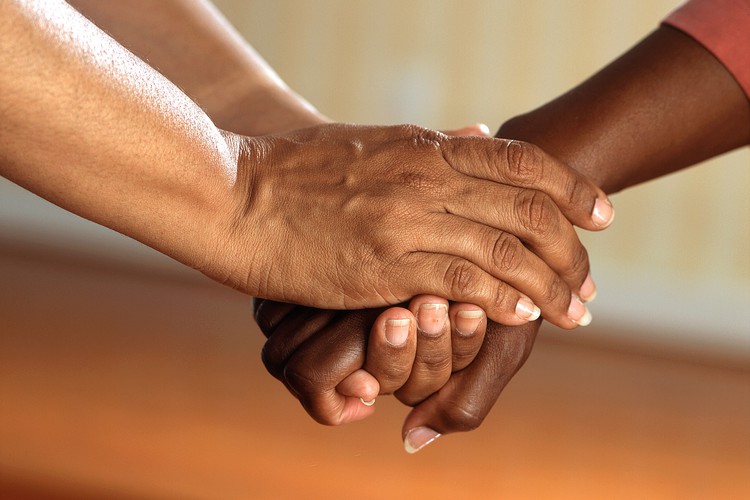
21 November 2025
There are no shelters for women and children survivors of gender based violence in Beaufort West in the Western Cape’s Central Karoo region. This means they have to travel up to two hours to the nearest shelters. Photo: Creative Commons Pixabay
There are no shelters for abused women and children in Beaufort West in the Western Cape’s Central Karoo region. This means they have to travel up to two hours to the nearest shelters which is not always useful in emergency scenarios.
“The closest shelter to Beaufort West is about 165km away and is about 155km away from Vredendal,” says provincial Department of Social Development (DSD) spokesperson Esther Lewis.
Marinda Lottering, a GBV survivor, has opened her four-roomed house to women who have nowhere to go to escape abuse.
A member of the local community policing forum, Lottering uses her own money, with some help from her adult son, to run the informal safehouse and advice office since September last year.
“Everything is out of my pocket. Initially, the plan was to allow victims to stay in the house for up to 72 hours, but you find that some women ask to stay longer. The longest stay I have had was two weeks,” said Lottering.
Lottering said once the 72-hour period passes, she makes arrangements to transfer the individual to the closest shelter for further assistance.
“I would usually organise for them to be taken to a shelter in Laingsburg but that space is small and is struggling. So, they have to be taken to Worcester,” said Lottering.
According to Lottering, GBV in the Central Karoo is high.
“My organisation, Women’s Movement of Hope, is registered but even I do not get any support from the DSD. I have worked closely with the department on many occasions, even at their workshops, but I receive no financial help.”
“I get support from the community which I really appreciate, and other organisations and the 1000 Women Trust, a women’s organisation that raises awareness around GBV, rape and abuse, which I am a part of,” said Lottering.
In one week, Lottering said, she sees up to four victims at her home, and one month, she had to house up to 20 people, which she also provides food for.
“Because I am also an advice office, I get calls at 2am or 3am from people needing help. Currently, I have three GBV victims in the safehouse.”
Marinda Lottering from Beaufort West opened her four-roomed house to abused women who have nowhere to go. Photo supplied
Speaking at the National Shelters Movement of South Africa’s (NSMSA) Indaba last week, Abdul Ryklief from the department’s Restorative Services Victim Empowerment Programme, acknowledged that women in need of a shelter have to travel 200km, “which is a hell of a distance”, he said.
Elvico Links, Beaufort West Municipality ward 6 councillor, said the lack of shelters is a major concern as he often is alerted to domestic violence in his ward.
He said the municipality is trying to negotiate a space in a building in his area, but it is unclear when this will materialise.
“We don’t even have a shelter for the homeless here. It is bad, especially since this area is filled with poverty, unemployment, domestic violence and GBV,” said Links.
According to Lewis, “Victims in need of assistance can contact their nearest DSD office or SAPS to assist with getting them to a shelter. The social worker will do the required risk assessment and safety planning that can include facilitating a place in a shelter for the victim and children. If the shelter is full there is a weekly update shared with DSD social workers and critical role players to inform them of available beds.”
She said the department had rolled out a “GBV ambassadors” programme in Beaufort West, where residents were trained by the department to help with referrals to SAPS and the department.
The provincial department funds 26 GBV shelters across the province from its victim empowerment programme from a R73-million budget for 2025/26.
But this is not enough, says Western Cape Shelter Movement chairperson, Delene Roberts. She said communities like Beaufort West and Vredendal are “severely under-served” as many of the shelters are in bigger metros.
“This is a crisis,” said Roberts.
“We continue to advocate for ring-fenced funding and the establishment of standardised, government-funded safe houses in rural districts,” said Roberts.